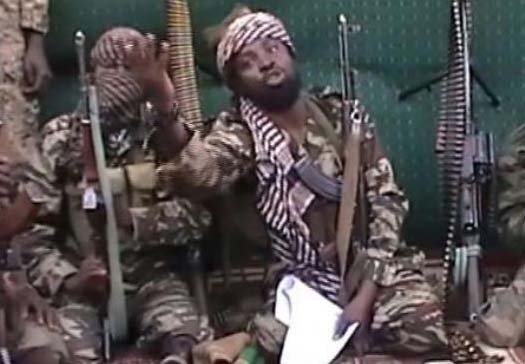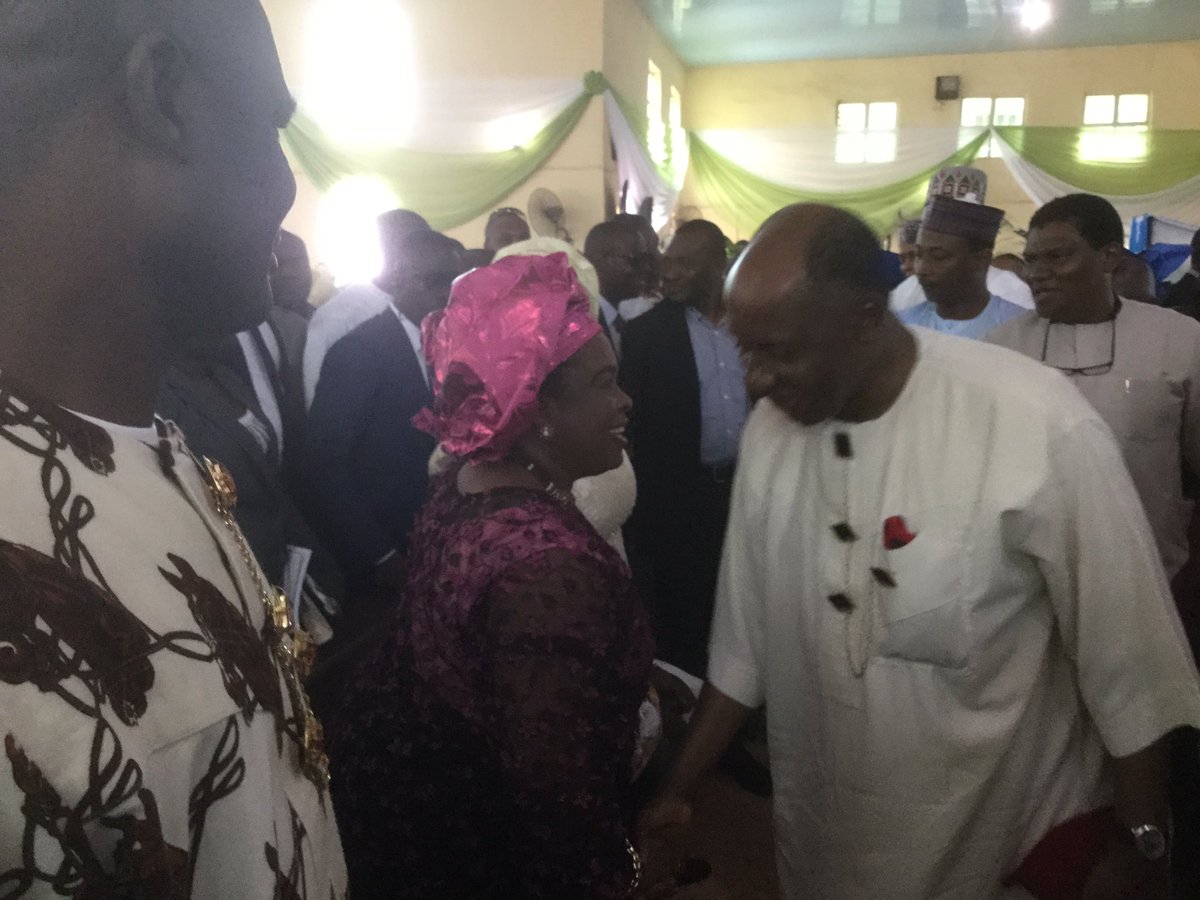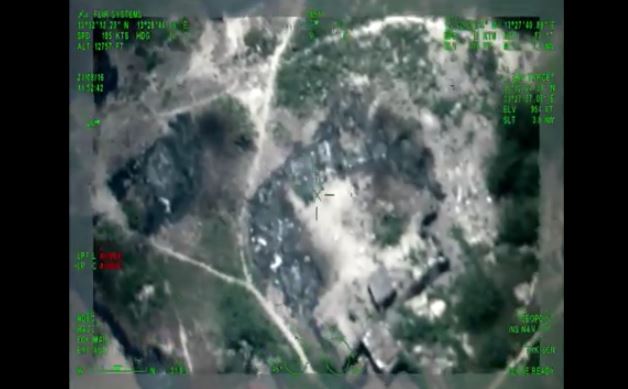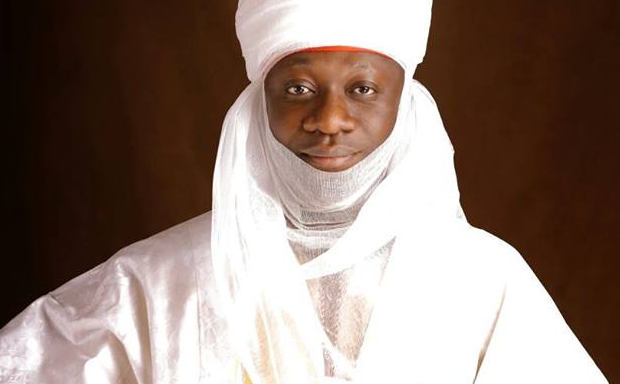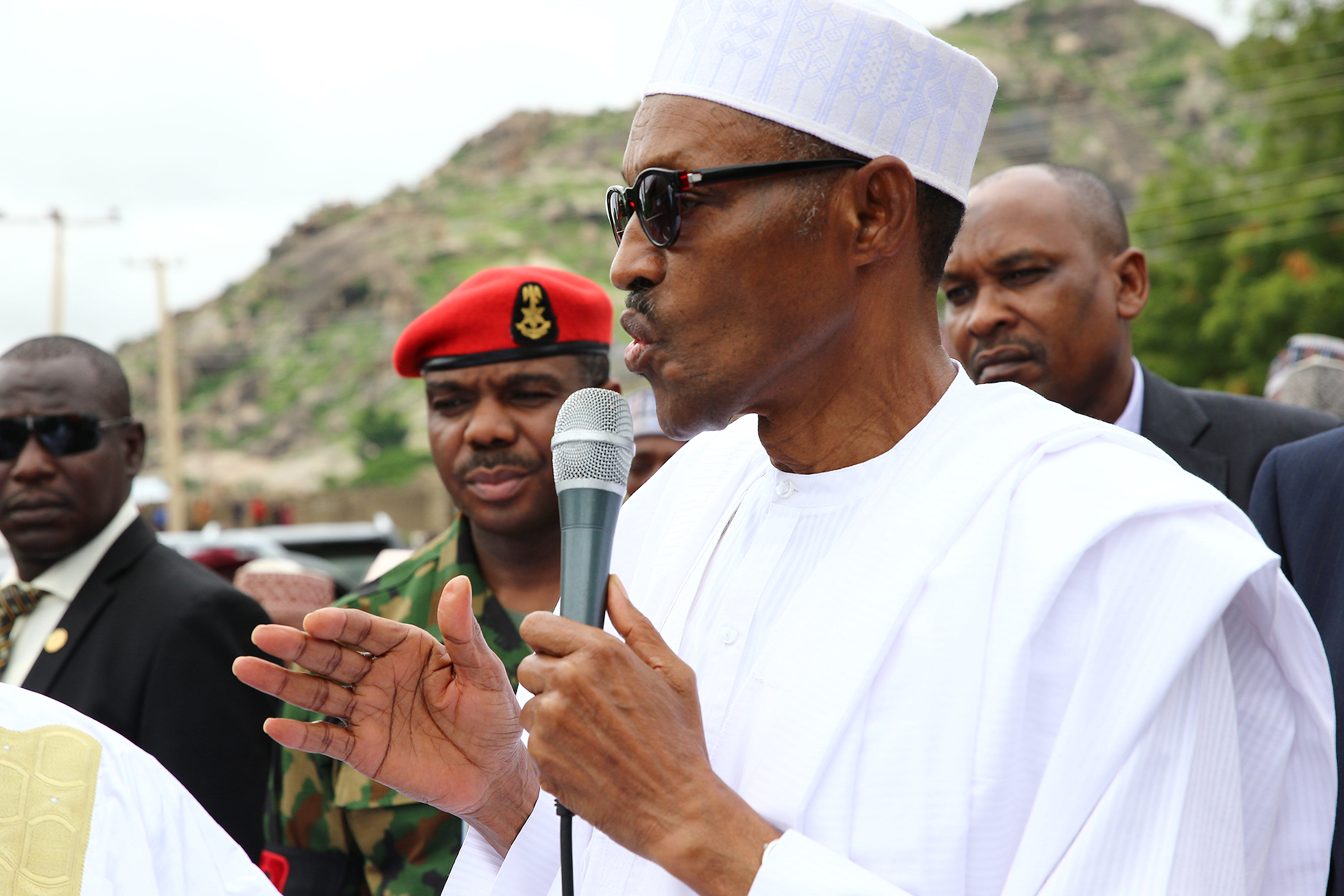The Nigerian army’s announcement that Abubakar Shekau, Boko Haram leader, was “fatally wounded” in a “spectacular and unprecedented air raid” has sparked a grammar war among Nigerians.
Sani Kukasheka Usman, a colonel and acting director of army public relations, made the claim in a statement he released very early on Tuesday morning.
“In what one could describe as the most unprecedented and spectacular air raid, we have just confirmed that as a result of the interdiction efforts of the Nigerian Air Force, some key leaders of the Boko Haram terrorists have been killed while others were fatally wounded,” Usman said.
“Those Boko Haram terrorists commanders confirmed dead include Abubakar Mubi, Malam Nuhu and Malam Hamman, amongst others, while their leader, the so-called ‘Abubakar Shekau’, is believed to be fatally wounded on his shoulders. Several other terrorists were also wounded.”
Advertisement
The army’s use of the phrase “fatally wounded” left many wondering if Shekau died after the air raid.
The basic contention is whether a fatal injury definitely leads to death or whether it may or may not lead to death.
BREAKING NEWS: NIGERIAN AIR FORCE RAID KILLS BOKO HARAM TERRORISTS COMMANDERS… “ABUBAKAR SHEKAU” FATALLY WOUNDED!
Advertisement— Nigerian Army (@HQNigerianArmy) August 23, 2016
THey did not say he is dead oh!!!
— Susan (@SusanHenshaw50) August 23, 2016
Advertisement
I believe EXACT PHRASE was "fatally wounded" which means a whole different thing from the word fatal
— Susan (@SusanHenshaw50) August 23, 2016
Advertisement
https://twitter.com/hakeemny/status/767950369171333120
https://twitter.com/hakeemny/status/767952300610621440
Advertisement
https://twitter.com/hakeemny/status/767952769592463360
@jeffphilips1 @SusanHenshaw50 @HQNigerianArmy. The rot in educational system permeates everything. Affects everything. Simple explanations
Advertisement— IAO (@abiodunosemobor) August 23, 2016
Advertisement
While the argument raged on, some others simply asked the army for pictures on the operation.
https://twitter.com/Tokwonna/status/767922543256887300
https://twitter.com/RealJayKenney/status/767957857010642944
case of one bad apple spoiling a whole basket
— Souljah (@jeffphilips1) August 23, 2016
we need pictures
— Tee Dot AKA The Dollar Man (@SMARTMRTEE) August 23, 2016
@HQNigerianArmy from the reply u r receiving I believe u realise that many don't trust you guys. seeing is believing.
— #IStandWithBuratai (@adilbee) August 23, 2016
We know the army is responsible for what it says, as much as Nigerians are responsible for what they interpret. But we would like to hear from you.
What does fatally wounded mean to you?

